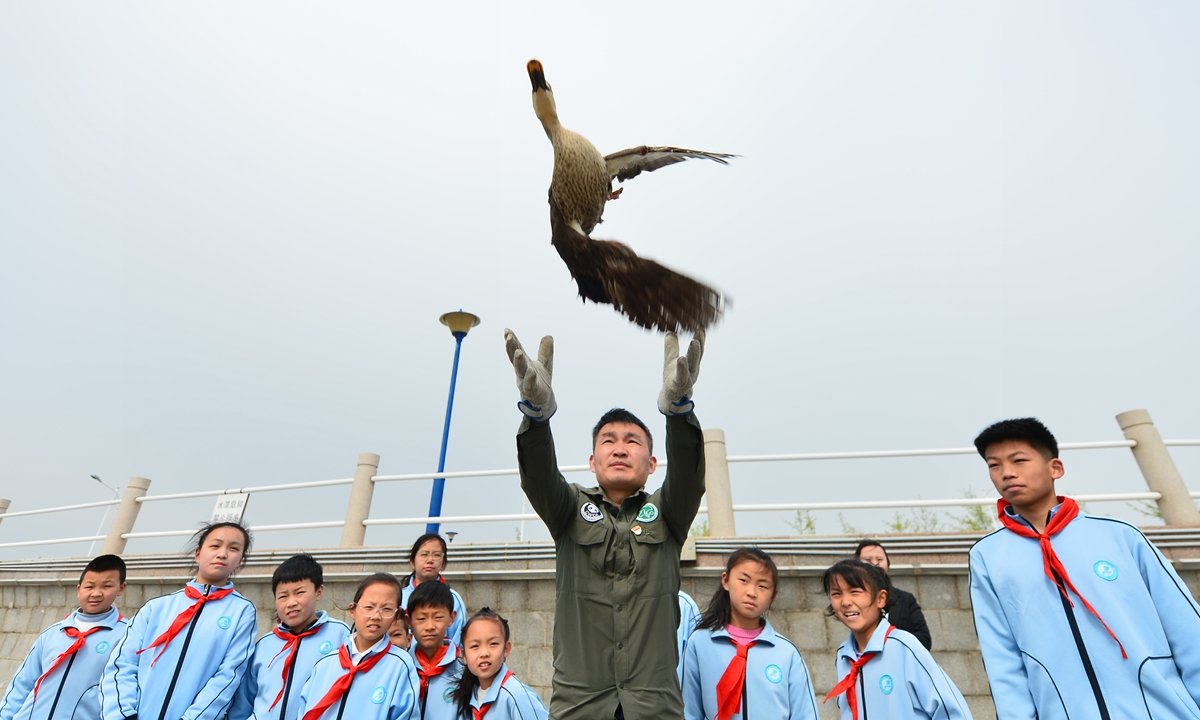China’s unwavering commitment to curbing the illegal wildlife trade was once again emphasized with the recent release of an extensive report by the National Forestry and Grassland Administration (NFGA). This report shed light on the monumental efforts and the vast resources deployed to safeguard the country’s diverse wildlife and plant species.
Between March and June, the NFGA, in collaboration with ten other key departments such as the Ministry of Agriculture and Rural Affairs and the Ministry of Public Security, orchestrated a widespread operation across the nation. This operation, christened the “Breeze Campaign 2023,” meticulously targeted various phases of illegal wildlife trading. These phases spanned from the initial stages of illegal hunting and harvesting to the latter stages that encompass the illicit killing, selling, transporting, and even consumption of these endangered creatures and plants. The mission’s primary objective was the relentless combat against the illegal trade that severely threatens wild animals and plants.
The outcomes of the three-month-long campaign were indeed commendable. Authorities scrutinized over 14,000 cases, of which a staggering 10,000 were labeled as criminal offenses. This relentless pursuit led to the apprehension of members from 546 criminal networks, significantly disrupting the illegal trade’s dynamics. The financial repercussions for these illicit traders were severe as well. Assets amounting to more than 190 million yuan (approximately $26 million), which were amassed through illicit activities, were seized. Moreover, the NFGA confirmed that penalties and fines amounting to around 16.4 million yuan were levied.
Zhang Yujun, a prominent academic and professor at the Beijing Forestry University, conveyed his astonishment at the sheer volume of cases uncovered. Nonetheless, he found solace in the nation’s proactive and effective measures to counter the illegal wildlife trade. Zhang emphasized that such campaigns considerably enhance the wildlife protection framework, substantially hampering criminal endeavors targeting wildlife.
He expressed his perspective on the intricate nature of this issue, stating, “Completely eliminating the consumption of wild animals isn’t a task that can be accomplished overnight. Consistency is the key. It’s pivotal to perpetually elevate societal consciousness about wildlife conservation. Moreover, there’s an undeniable need for ongoing campaigns to deter and abolish this illicit trading.”
Evidently, the progress from the previous year’s campaign in 2022 mirrors this sentiment. In that campaign, authorities had delved into almost 12,000 illegal wildlife trade cases, successfully confiscating more than 130,000 animals and plants. Looking ahead, the administration has avowed to refine its law enforcement methodologies and amplify awareness campaigns, aiming for a future where wildlife thrives without the looming threat of illegal trade.
READ MORE:
